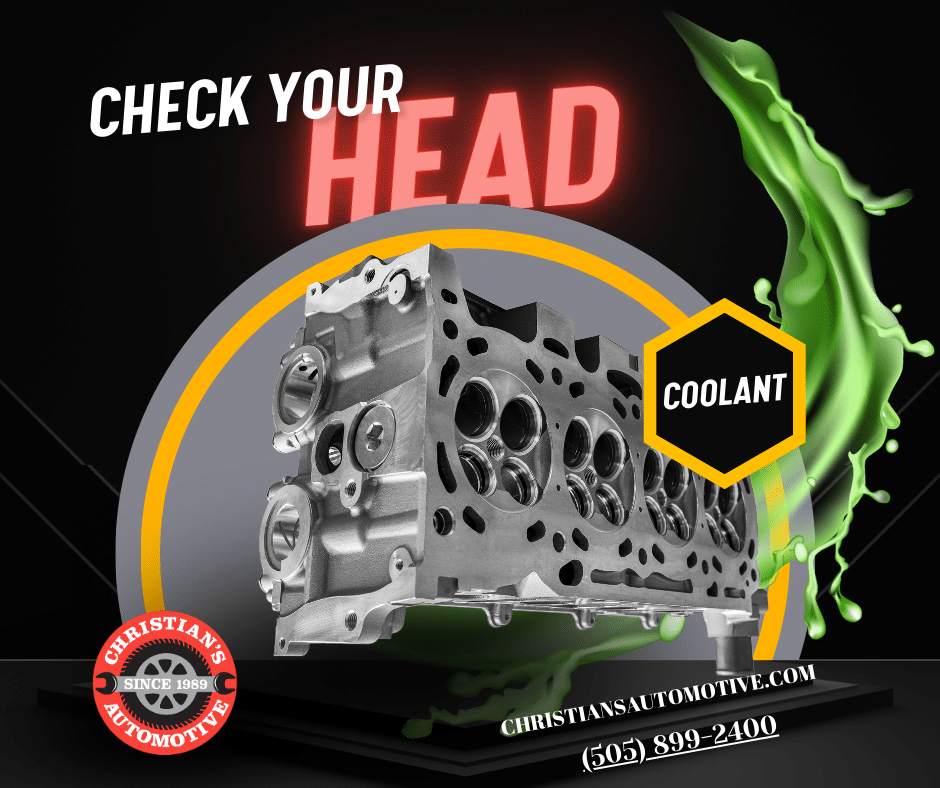
Engines – What Does Your Engine Do?
March 4, 2024
What is a Cylinder Head? The Engine Head Explained
March 12, 2024Oil and Filter Change
At Christian’s Automotive, we know understanding engines can be complex. As part of our engine series this month, we’re breaking down the debate around engine oils: synthetic vs conventional.
Engines are intricate systems with many rapidly moving parts working in unison. To prevent these parts from scratching, breaking, and melting due to friction, we use oil. It not only acts as a lubricant but also dissipates heat, prevents corrosion, and suspends micro-particles that may cause damage. This highlights the importance of regular oil and filter changes.
Engine Oil
When it comes to viscosity, both synthetic and conventional oil can be categorized similarly. Lower numbers indicate thinner oils suitable for colder temperatures, while higher numbers suggest thicker oils for warmer climates. Contrary to popular belief, synthetic oil isn’t more viscous than conventional if they have the same rating.
Many believe synthetic oil is a purely lab-made product, but both synthetic and conventional oil originate from the same crude oil. They undergo different refining processes, with synthetic oil receiving extra additives. Conventional oil, being closer to the original substance, is cheaper to produce. However, it may contain small non-beneficial particles and may not always perform optimally. Synthetic oil goes through additional refinement to remove impurities and gains additives that enhance its performance.
Synthetic Oil
While you might save money initially by choosing conventional oil, synthetic oil often proves worth the investment in the long run due to its enhanced performance. Remember that not all synthetics are created equal, so conduct your research beforehand. If you’re unsure, alternating between synthetic and conventional oils is generally safe.
Most importantly, always refer to your vehicle manufacturer’s recommendations when selecting oil. Their advice on service intervals, weight (which can vary by climate), volume, and type, whether synthetic or conventional, should be your guiding principle.




